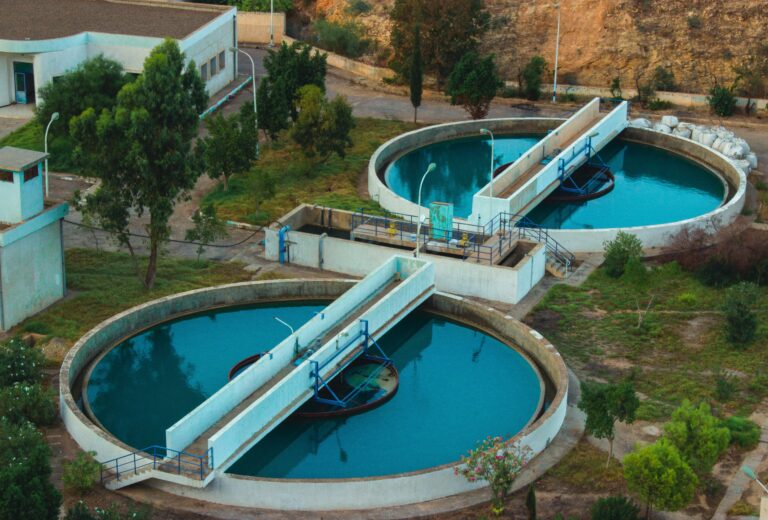PVC-U & ABS Ball Valves
When it comes to selecting the right ball valve for your industrial needs, it’s important to understand the different materials available. Two common options are PVC and ABS. But which one is the best choice for your specific application? In this article, we will explore the key characteristics of PVC and ABS industrial ball valves, helping you make an informed decision for your industrial operations.
What's the Difference Between PVC-U and ABS?
PVC-U and ABS are both types of plastic materials commonly used in various applications.
PVC-U, also known as unplasticized polyvinyl chloride, is a rigid and durable material. It is resistant to chemicals, corrosion, and weathering, making it suitable for outdoor applications. PVC-U is often used in the construction industry for pipes, fittings, and window frames.
On the other hand, ABS, or acrylonitrile butadiene styrene, is a tough and impact-resistant material. It has good heat resistance and can withstand low temperatures, making it suitable for applications that require durability and strength. ABS is commonly used in the automotive industry for components such as bumpers and interior trims.
While both PVC-U and ABS have their own advantages, there are some key differences between them. PVC-U is more rigid and has a higher tensile strength compared to ABS. ABS, on the other hand, has better impact resistance and can withstand higher temperatures.
In terms of cost, PVC-U is generally more affordable than ABS. However, the specific cost may vary depending on the application and market conditions.
When it comes to processing, PVC-U can be easily moulded and fabricated using various techniques such as extrusion and injection moulding. ABS is also easily processed and can be moulded or shaped using techniques like injection moulding and vacuum forming.

Why Use a PVC-U or ABS Ball Valve?
When it comes to choosing a ball valve, PVC or ABS options offer several advantages over metal.
PVC and ABS ball valves are lightweight and easy to install, their compact size and simple construction allow for quick and hassle-free installation, saving you time and effort.
Additionally, PVC and ABS ball valves are corrosion-resistant, unlike cast iron valves which are prone to rust and deterioration over time. This means that PVC and ABS valves have a longer lifespan and require less maintenance, ultimately saving you money in the long run.
Furthermore, PVC and ABS ball valves provide excellent flow control, allowing you to regulate the water flow precisely. Their smooth internal surface minimises friction and pressure loss, ensuring optimal performance and efficiency.
In terms of cost, PVC and ABS ball valves are more affordable compared to cast iron valves. This makes them a cost-effective choice for both residential and commercial plumbing applications.
Conclusion
In conclusion, whether you choose PVC-U or ABS ball valves, both offer excellent durability and performance for your plumbing needs. Make sure to consider factors such as cost, chemical resistance, and temperature tolerance when making your decision.
Whichever option you go with, rest assured that you’re choosing a reliable and efficient solution for your plumbing system. So, go ahead and make the right choice for your needs, and let your pipes flow smoothly with confidence!
Want to learn more? Read our article on PVC valves.
